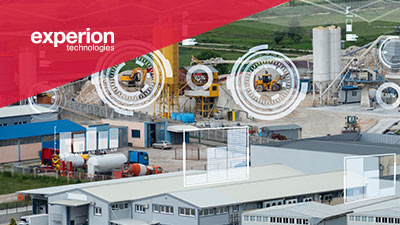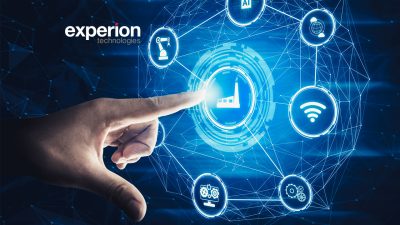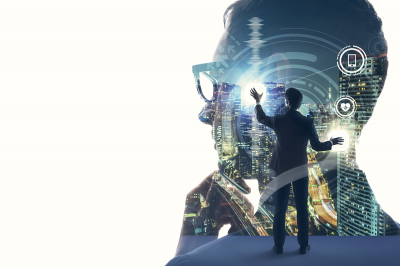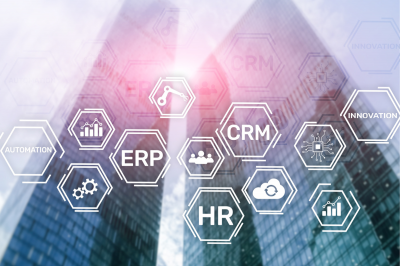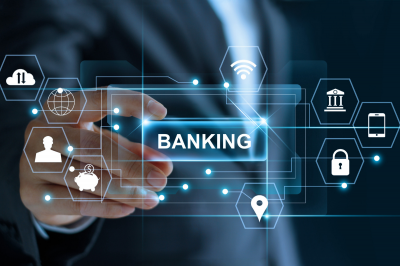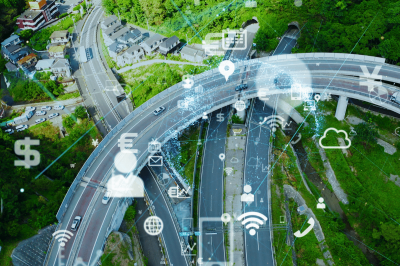AI is being used more and more by insurance companies to enhance underwriting and risk assessment, automate claims processing, and customize insurance products and services.
A smart factory, also known as an Industry 4.0 factory, is a manufacturing facility that leverages advanced technologies such as the Internet of Things (IoT), artificial intelligence (AI), and data analytics to improve efficiency, productivity, and flexibility. These technologies allow for real-time data collection and analysis
A digital transformation is the adoption of digital technology to fundamentally change how an organization operates and delivers value to its customers. This can include the use of technology to automate processes, improve the customer experience, and drive innovation.
In certain online tutoring forms, students can talk to and learn from a real tutor in some other part of the world than theirs. To better the experience for students and tutors alike, the online tutoring industry is evolving like never before.
Automation, Better product quality, Intelligent technology and machinery - Businesses want to fully realize Industry 4.0. But how it incorporates customer experience ?
Automation, digitization, and technological enablement are all having a significant impact on several businesses today. Delivery of healthcare is not an exception. Artificial intelligence (AI), robotics, precision medicine, 3-D printing, augmented reality/virtual reality, genomics, telemedicine, and more, can now be included into the delivery of healthcare.
The complexity of the IoT is continually growing and changing, including how devices are connected to one another, what calculations these items are capable of performing on their own, and how data is stored in the cloud. IoB makes an effort to comprehend user online activity data from a behavioral psychology standpoint.
The mixing of Client Relationship Management (CRM) and Enterprise Resource Planning (ERP) systems is critical in delivering seamless client experiences. Access to integrated data, offers extremely good client experiences at every stage.
The rapid wave of digital transformation set forth the transition of banks from rigorous to responsive, conventional to digitally savvy, and more receptive to change than ever before. Besides just being digitally established, they are moving fast-forward towards innovation and bringing a change in the industry practices.
The transportation industry accounts for various issues such as pollutions, wastage of fuels and power, greenhouse gas emissions. Based on research it was stated that 28% of greenhouse gas emissions is due to the whole transportation industry. IoT solutions can be used to address such issues in an effective and sustainable manner. The report by world economic forum states that IoT itself will account for $14 trillion of the economy by 2030.
IDC research states the transportation industry will see the most growth from IoT technology. Implementing IoT practices will help minimize issues regarding sustainability since it is the bridge connecting the virtual world of IT with the real world.



